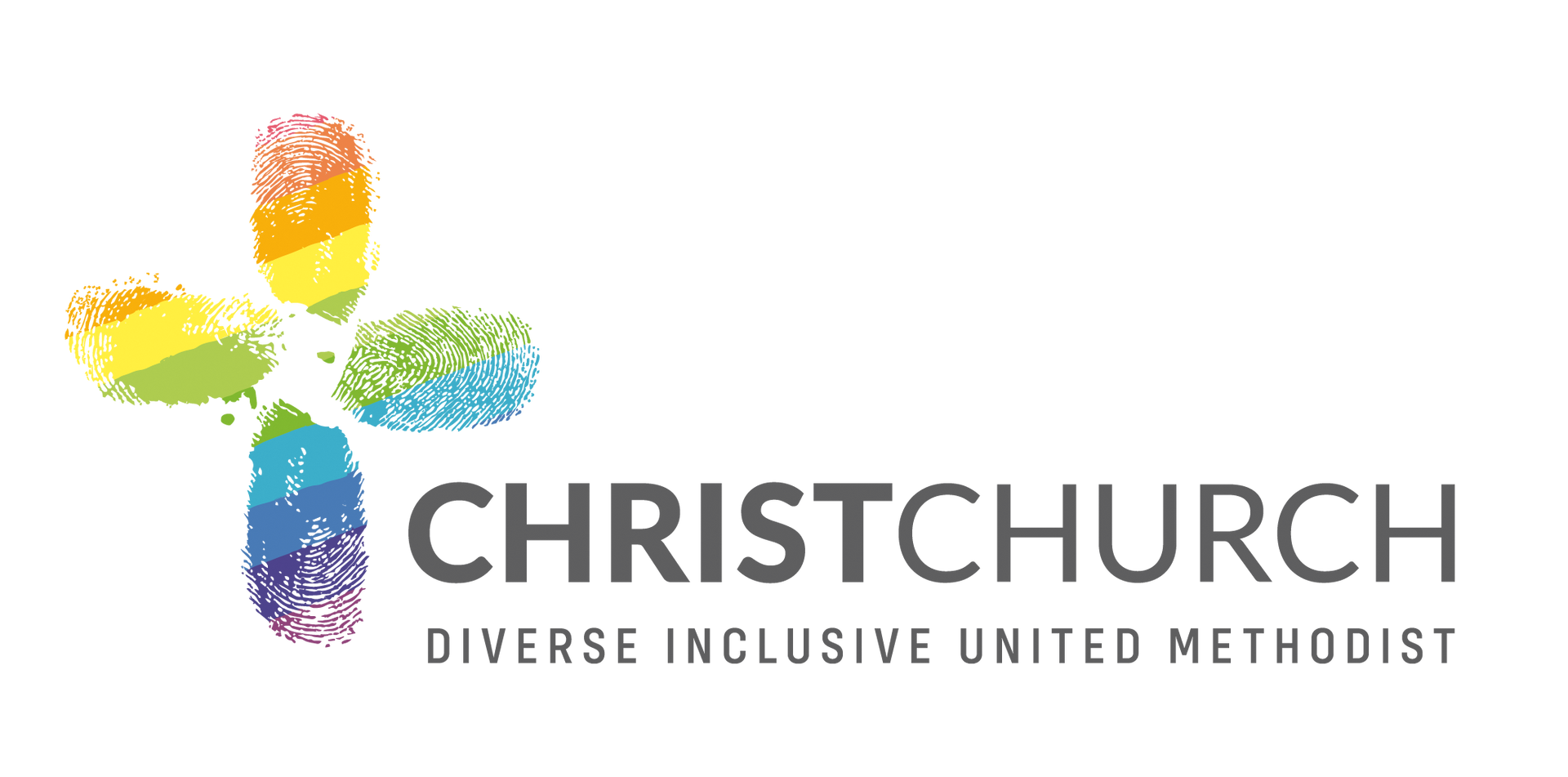Read: Acts 2:42-47 and 4:32-35
We live in a time when people are less institutional, less inclined to join organizations. There are multiple reasons why, some better than others. Where does that leave churches, though? Why should people even consider joining a church? Membership in a church, I would humbly suggest, is different than membership at a country club or a charitable non-profit. Church membership, in its truest form, is about being part of a covenant community where people promise to model the way of God’s love and grace together, through practices like prayer, being present with and for one another, sharing gifts and resources, serving others, and engaging the world by taking a stand for love and justice. This article explores the membership promise/practice of prayer.
There is power in prayer.
One, of the many things, I admire in Dr. Martin Luther King, Jr. is his dependance on prayer. His work for social justice and civil rights had a direct correlation to his prayer life. King would even pray for his enemies and opponents, those who wanted to kill him. Following the example of Jesus, he didn’t want to defeat or destroy his opponents, he wanted them to be transformed by love. He felt genuine empathy for self-caused suffering/harm that came from prejudice and hate. Martin Luther King, Jr. prayed for his opponents from a place of love and because he knew the transformative power of prayer.
When we join a United Methodist congregation, one of the things we promise is that we, too, will be people of prayer. We will pray with and for the congregation, the world. Like King and his social justice work, our congregational life and work has a direct correlation to our prayer life, as a church and as individuals.
What is prayer and what is prayer not? Let’s start with what prayer is not. First, prayer is not an activity we do to try to “wake God up”, if you will. Prayer does not imply that God is passive and sitting by until we raise our voices and put God to work. No, the belief that God is called to action only by our willingness to pray is founded upon a premise that God is inactive and working and needs to be stirred to attention. This is contrary to the God we meet in the Bible.
Similarly, prayer is not about saying the perfect words, praying enough, or getting enough people to pray with us. This idea comes from the insecurity that we have to prove to God that our prayer concern is compelling or worthy enough or that there is a critical mass who agrees with us. If we can show these things, then maybe God will be responsive to what we hope will happen.
Prayer is much deeper than this. It doesn’t begin with a passive, inactive God waiting to be awakened or cajoled into action. No, prayer is the awareness that God is a life force working in the world bringing, love, compassion, justice, healing, mercy, and renewal. God is not sitting by idly but is busy building and growing the Kingdom of God in all of creation.
Prayer, then, is when we put ourselves, our loved ones, our church, our community and the world into the stream of God’s activity. When we pray for others, we are bringing them and us into the wonder and mystery of the God who is working out ahead of our understanding. For every person we lift up in prayer, God knows them and all they are going through far better than we do. God is already working and prayer makes us a part of God’s ongoing activity.
That is why we promise to pray for the church and one another when we make the vows of church membership. There are many different and creative ways to pray: sitting in silence, journaling, reading scripture, taking a walk, practicing yoga, using a prayer book or devotional, etc. There is no one right way of prayer. Everything we do, everything we are, though, must come from this moving stream of God’s activity in the world. Prayer, in whatever form, is the way that we put our boats into the gently flowing waters of God’s love and then trust where the current takes us.
How often do you pray? How are you doing at that part of your church membership vows? Do you have a set pattern, practice, place, or time of day for prayer? What keeps you from being more intentional about prayer? How often do you pray for the church? Others? The world? Yourself? Do you pray or criticize more? What do you need to do right now to grow as a person of intentional prayer?
Together we are the hands and feet of Jesus,
Brett
If God is calling you to become a member of Christ Church United Methodist, we would love to share this discipleship life with you. Please visit Christ Church UM Membership for more information and next steps.

